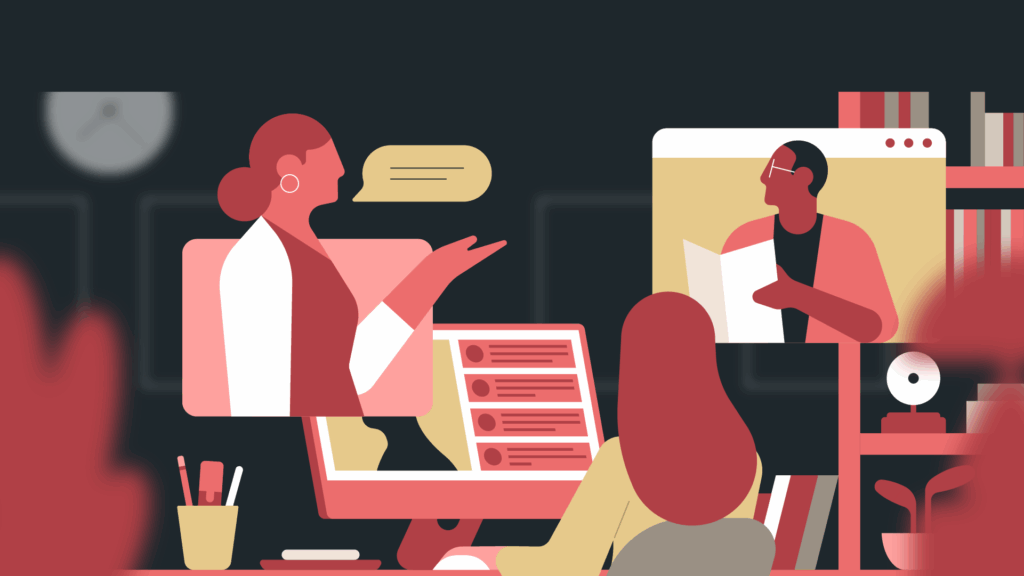
Young EHA
Opportunities for the next generation
As a junior member of EHA, you’re now a part of the Young EHA family.
We’re proud to have you, and we hope you benefit from our mission to provide more services and activities to:
- Junior researchers
- Junior clinicians
- Other young professionals involved in hematology in Europe


